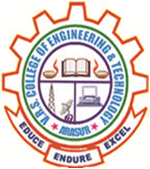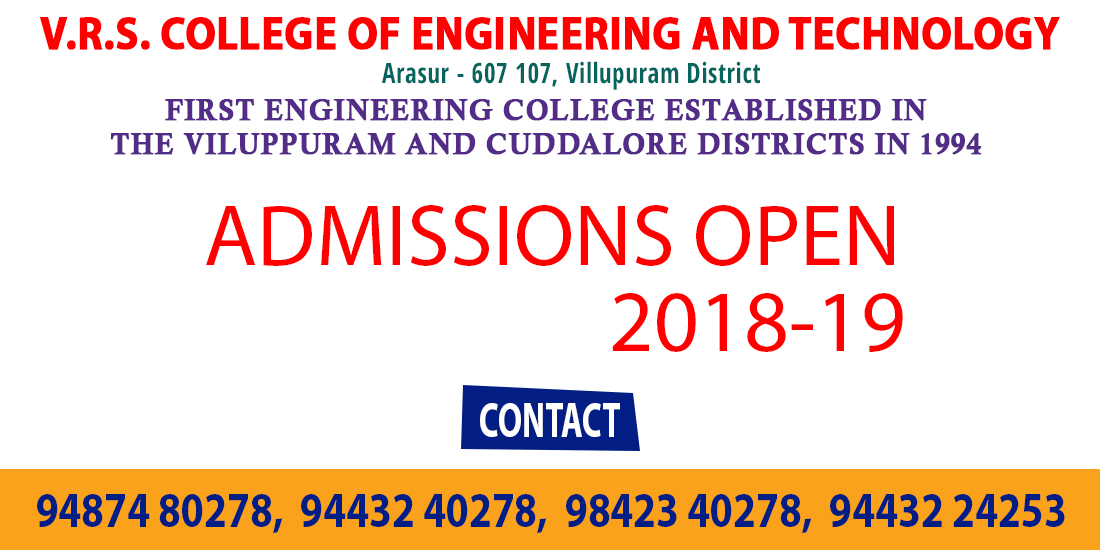Quick Links
»
»
»
Achievements
»
»
Programme Educational Objectives & Programme Outcomes
Programme Educational Objective [Major]
The department aims at imparting quality education to the students admitted and thereby succeed in generating employable and human valued power engineers.
Programme Educational Objectives [PEOs]
The educational objectives of UG program in Electrical and Electronics Engineering are:
P1: PREPARATION
To provide sound foundation in mathematical, scientific and engineering fundamentals necessary to analyze, formulate and solve engineering problems.
P2: CORE COMPETANCE
To provide thorough knowledge in Electrical and Electronics Engineering subjects including theoretical knowledge and practical training for preparing physical models pertaining to Electric circuit theory, Electrical AC and DC machines, Electromagnetic Theory, Power Electronics components like Inverters, converters, AC and DC based Drives, Special electrical machines, Power systems components and its optimization, Power Quality, Control System, Microprocessor and Microcontroller, Bio Medical Instrumentation, Measurement and Instrumentation, Neural network, Fuzzy logic etc.
P3: DESIGN COMPETANCE
To provide relevant engineering experience in designing and conducting experiments as well as analyzing the significance of the experimental data.
P4: SOFT SKILL
To provide training in soft skills via English language, communication, verbal, logical, analytical, comprehension, team building, inter personal relationship, group discussion etc for placement.
P5: CAREER DEVELOPMENT
To inculcate the habit of lifelong learning for career development through successful completion of advanced degrees, professional development courses, industrial training etc.
P6: PROFESSIONALISM
To impart technical knowledge, ethical values for professional development of the student to solve complex problems and to work in multi disciplinary ambience, whose solutions lead to significant societal benefits.
Programme Outcomes (POs)
The outcomes of departments are that the students after successful completion of the course will acquire:
• An ability to apply knowledge in mathematics, science and engineering subjects.
• An ability to identify, formulate and solve engineering problems.
• An ability to design and conduct experiments to interpret data and analyze the results.
• An ability to apply knowledge in mathematics, science and engineering subjects.
• An ability to design system components or processes to satisfy the needs of the society within realistic constraints such as economical, social, political, ethical, health, safety and manufacturing.
• An ability to function on multi-disciplinary teams.
• An ability to understand professional and ethical responsibilities.
• An ability to communicate effectively.
• An ability to gain knowledge to understand the impact of engineering solutions in a global, environmental and societal context.
• An ability to understand the need and engage in life-long learning process.
• To gain knowledge on contemporary issues.
• An ability to use techniques, skills and modern engineering tools necessary for engineering practice.











